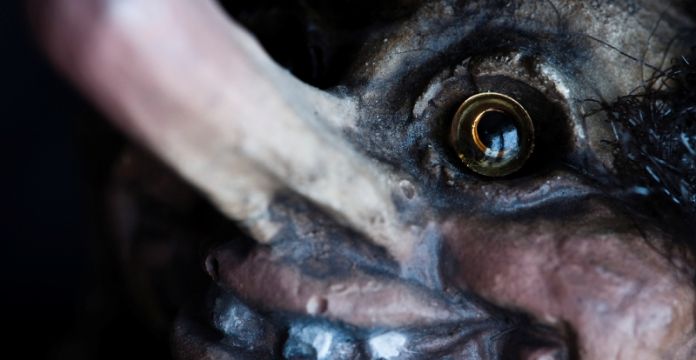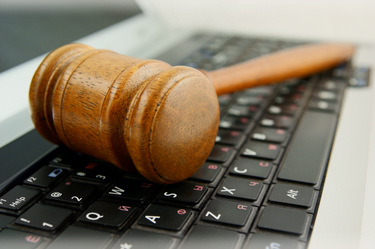
Online “trolling” isn’t a new phenomenon, but it has grown alongside the prevalence of comment sections and social media, according to the New York Times’ Farhad Manjoo.
“As long as the Internet keeps operating according to a click-based economy, trolls will maybe not win, but they will always be present,” Whitney Phillips, author of This Is Why We Can’t Have Nice Things, tells Manjoo. Wired’s Laura Hudson recently offered a similar assessment, and back in 2011 Forbes.com contributor Larissa Faw zeroed in on the crucial reason why many websites haven’t done more to combat trolls: “They undeniably drive traffic.”
Websites like Huffington Post and TechCrunch have struggled with this issue, and Twitter has promised to do more, but it’s telling that some of its users have started taking things into their own hands through apps like Block Together. As Manjoo points out, “unless social networks, media sites and governments come up with some innovative way of defeating online troublemakers, the digital world will never be free of the trolls’ collective sway.”
The New York Times has since hosted an Op-Ed page discussion, The War Against Online Trolls, featuring multiple points of view. On Gizmodo, Ashley Feinberg explores the subject in depth: How Twitter Could Beat the Trolls, And Why It Won’t.


